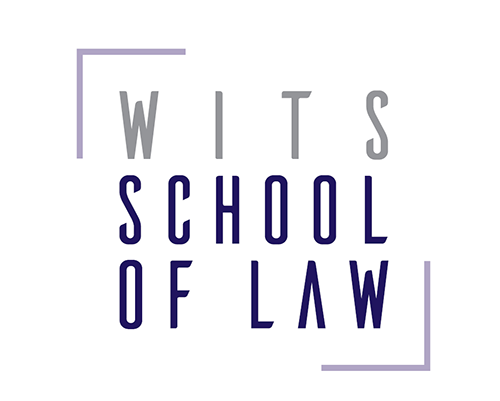
The NRF SARChI Chair on ‘Equality, Law and Social Justice’
The NRF SARChI Chair on ‘Equality, Law and Social Justice’ researches the the role of constitutions, human rights and law in achieving social and economic justice, and advancing substantive equality. The various research projects of the Chair consider how the law, as framed by constitutions, parliaments and/or courts, and as implemented and enforced by different institutions, can frame and produce different kinds of equality and inequality, justice and injustice, amongst different sectors of society.
The core research themes are:
Contested equality. This research area interrogates the different meanings of equality that underlie constitutional interpretations, policy and legislation, and the nature and potential of the dominant, egalitarian liberal, dignity-based, idea of equality versus different conservative and/or more transformative and radical understandings.
Law and the production of (in)equality. In exploring the different normative and practical roles of law, these research projects analyse constitutional provisions and those equality-related laws and rights that seek, in different ways, to address social cohesion and discrimination and to enable redistribution. Across different projects, the research asks: What ideas of equality are being advanced? Have these been successful, especially in light of persistent, structural poverty, racism and sexism, and so on, in our society? What role can law play in addressing discrimination and inequality, and how can that role be optimised? What are the recognition and distributive consequences of laws and rights, and how can law and rights be better used to ensure a more equitable distribution of political, social and economic opportunities, power and resources across all social groups.
Rights, institutions and social change. When are the law and rights successful in bringing about social and economic change and transformation? Under what circumstances do rights-based and/or legal strategies succeed in contributing to meaningful social and economic change and what are the limits of law and rights in effecting such change? What role do different institutions – such as different courts, the judiciary and different chapter nine institutions – play in addressing inequality?
Constitutions, constitutionalism and (in)equality. This research area focuses on the role of Constitutions and constitutionalism in South Africa and the Global South in enabling, preventing, producing and reproducing political social and economic equalities and/or inequalities, and social and economic justice.
Law, equality and social groups. How are groups defined by race, gender, class, sexuality and other grounds of inequality and disadvantage affected by law and rights, and how can law advance their interests?

